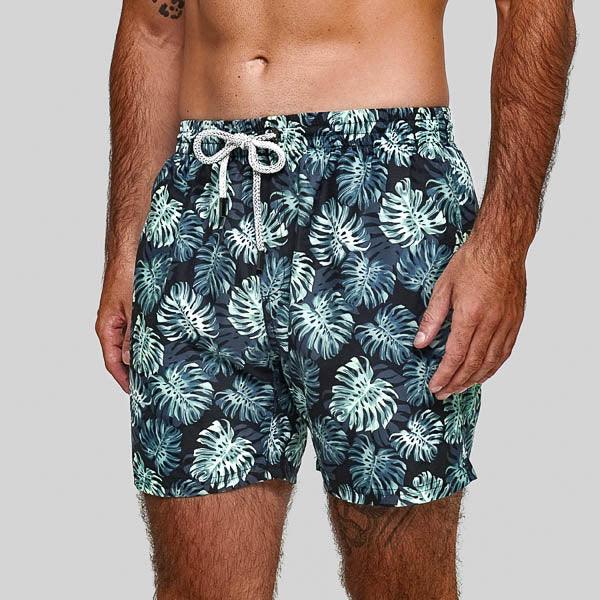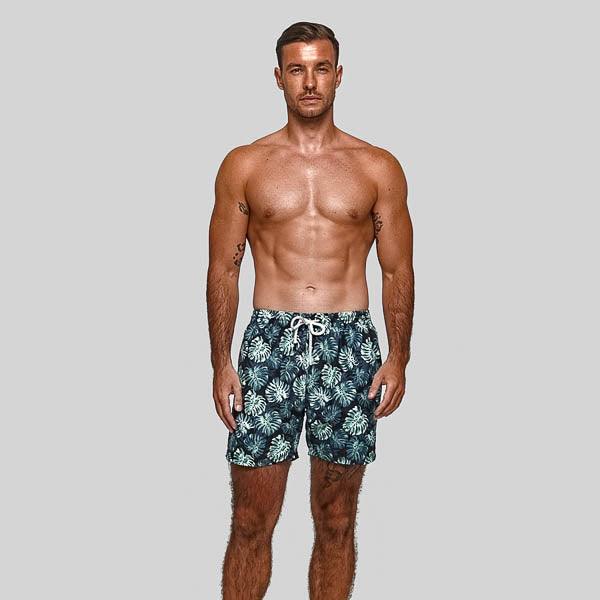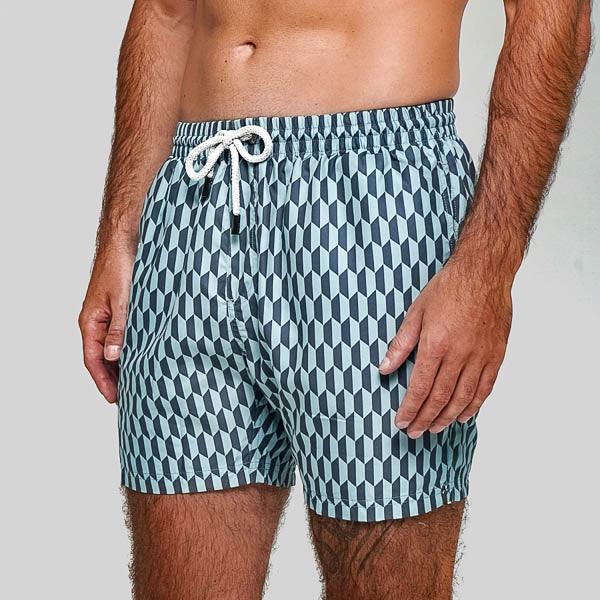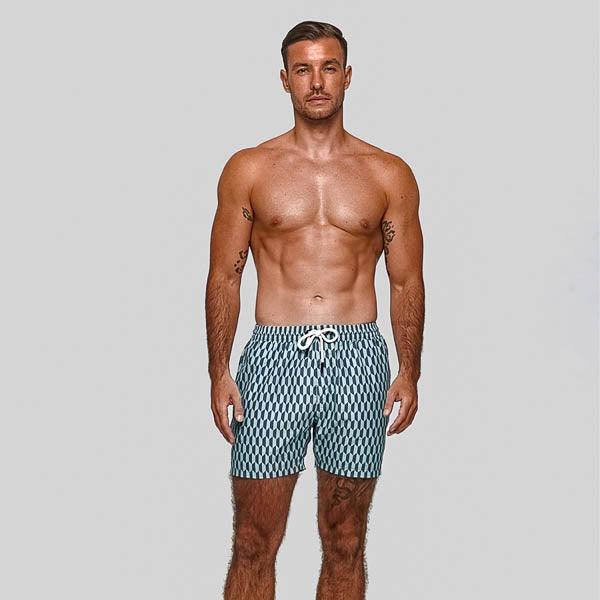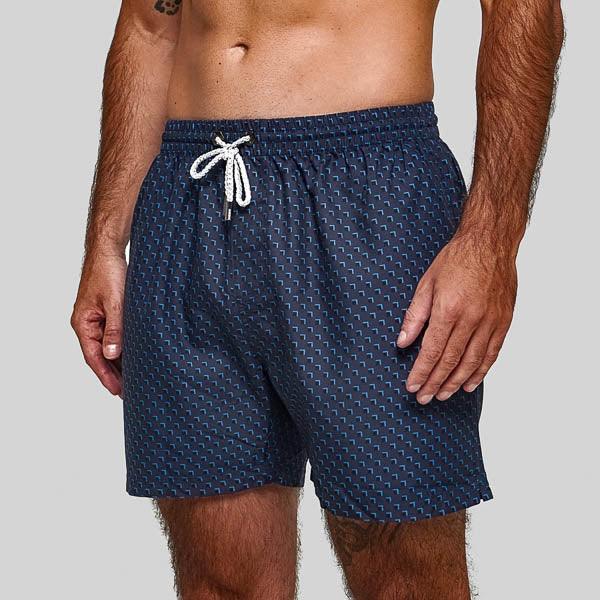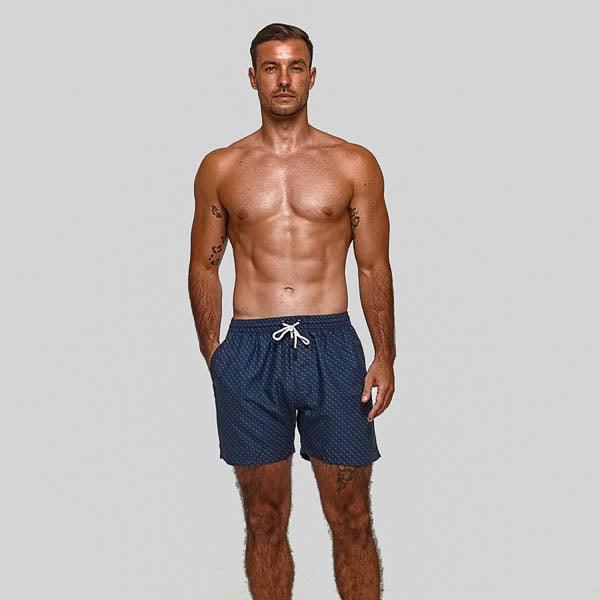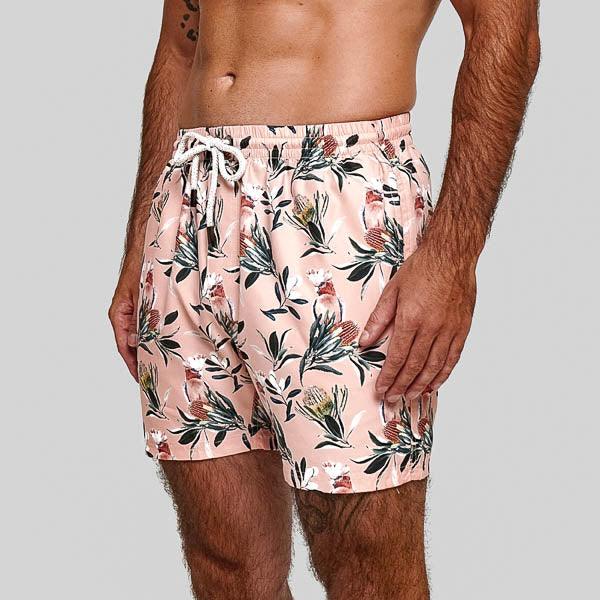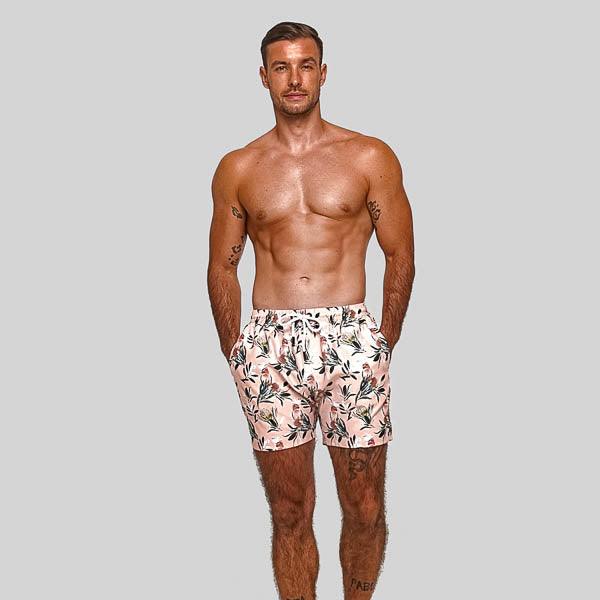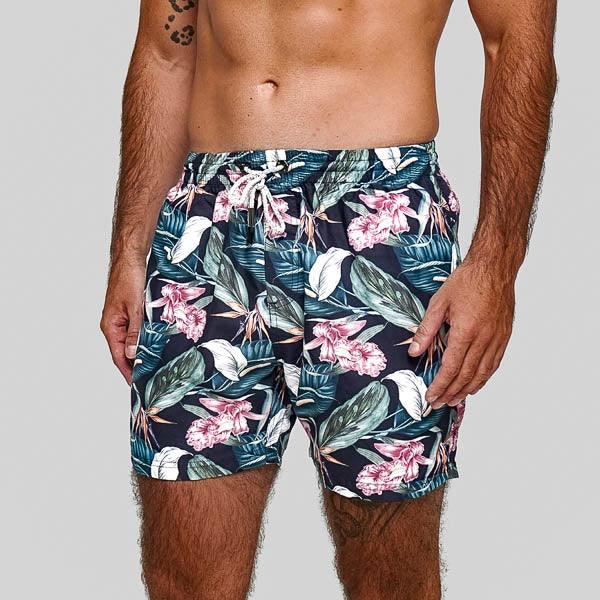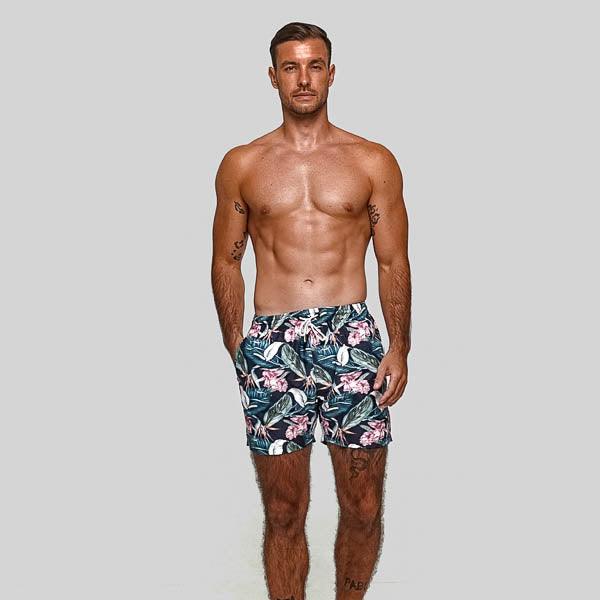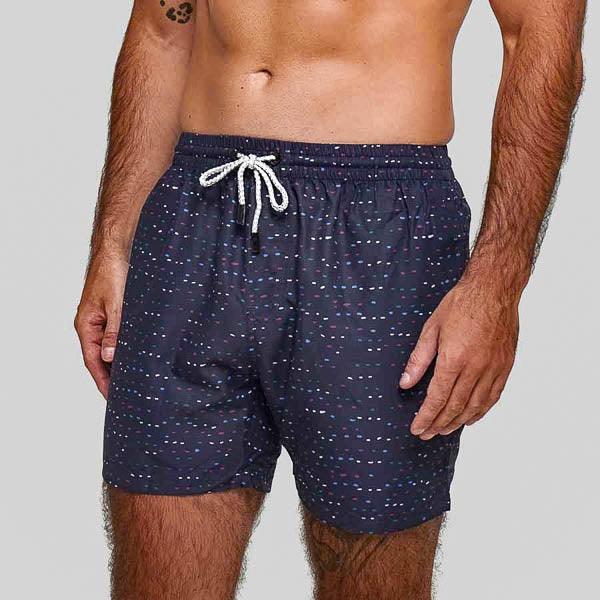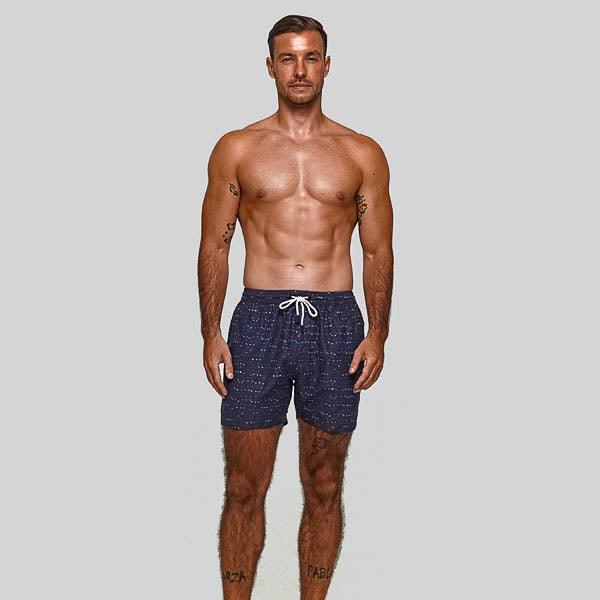abric softeners are commonly used to give laundry a soft feel and pleasant scent. However, when it comes to beach towels, fabric softeners can do more harm than good. Understanding the impact of fabric softeners on beach towels can help you maintain their quality and functionality. In this guide, we’ll explore why you should avoid using fabric softeners on beach towels and provide alternative methods to keep your towels soft and absorbent.
How Fabric Softeners Work
Chemical Coating
Fabric softeners work by coating the fibers of the fabric with a thin layer of chemicals, such as quaternary ammonium compounds. This coating makes the fabric feel softer to the touch and reduces static cling. While this effect can be desirable for certain types of clothing, it is detrimental to the performance of beach towels.
Impact on Absorbency
The chemical coating created by fabric softeners reduces the ability of the fibers to absorb moisture. For beach towels, which are primarily used to dry off after swimming, this reduction in absorbency is a significant drawback. Over time, the repeated use of fabric softeners can severely compromise a towel’s ability to effectively dry your skin.
The Negative Effects of Fabric Softeners on Beach Towels
Reduced Absorbency
One of the main purposes of a beach towel is to absorb water and dry you off quickly. Fabric softeners leave a residue on the towel fibers that prevents them from soaking up moisture efficiently. This means that your towel will become less effective at drying you off, leaving you feeling damp and uncomfortable.
Increased Build-Up
Fabric softeners can cause a build-up of chemicals on the towel fibers over time. This build-up not only reduces absorbency but can also make the towel feel greasy or waxy. The residue can attract dirt and grime, making the towels look and feel dirty more quickly.
Shortened Lifespan
The chemical coating from fabric softeners can weaken the fibers of the towel, leading to increased wear and tear. This can cause the towel to fray, lose its shape, and wear out more quickly. By avoiding fabric softeners, you can extend the lifespan of your beach towels and keep them in better condition.
Potential Allergens
Some fabric softeners contain fragrances and chemicals that can cause skin irritation or allergic reactions in sensitive individuals. Since beach towels are used directly on the skin, avoiding fabric softeners can help prevent potential discomfort and allergic reactions.
Alternatives to Fabric Softeners
White Vinegar
White vinegar is a natural and effective alternative to fabric softeners. Adding half a cup of white vinegar to the rinse cycle can help remove detergent residue, soften the fabric, and maintain the absorbency of your beach towels. Vinegar is also great for neutralizing odors and keeping your towels fresh.
Baking Soda
Baking soda can be used in the wash cycle to enhance cleaning and soften towels. Add half a cup of baking soda along with your regular detergent to keep your towels soft and absorbent. Baking soda helps to remove odors and can even brighten the colors of your towels.
Dryer Balls
Wool or plastic dryer balls are a fantastic alternative to fabric softeners. They work by creating space between the towels in the dryer, allowing for better air circulation and faster drying. Dryer balls also help to fluff up the fibers, keeping your towels soft without the need for chemical softeners.
Proper Washing Techniques
Following proper washing techniques can also help maintain the softness and absorbency of your beach towels. Use warm water and a mild detergent, avoid overloading the washing machine, and ensure that your towels are rinsed thoroughly to remove all soap residues. Regularly washing your towels with these methods will keep them in optimal condition.
FAQs
1. Why do fabric softeners reduce the absorbency of beach towels?
Fabric softeners leave a chemical coating on the fibers of the towel, which repels water and reduces the towel's ability to absorb moisture effectively.
2. What can I use instead of fabric softeners to keep my towels soft?
You can use white vinegar, baking soda, or dryer balls as alternatives to fabric softeners. These methods help to soften towels without compromising their absorbency.
3. How much white vinegar should I use to soften my beach towels?
Add half a cup of white vinegar to the rinse cycle when washing your beach towels to help soften the fabric and maintain absorbency.
4. Are dryer balls safe for use with all types of towels?
Yes, dryer balls are safe for use with all types of towels, including beach towels. They help to fluff the fibers and reduce drying time without the use of chemicals.
5. Can fabric softeners cause skin irritation?
Yes, some fabric softeners contain fragrances and chemicals that can cause skin irritation or allergic reactions in sensitive individuals. Avoiding fabric softeners can help prevent potential discomfort.
6. How often should I wash my beach towels to maintain their softness?
Wash your beach towels after every 2-3 uses to maintain their softness and cleanliness. Use mild detergent and avoid fabric softeners to keep them in the best condition.
Conclusion
While fabric softeners can make laundry feel soft and smell fresh, they are not suitable for beach towels. The chemical coating they leave behind reduces absorbency, attracts build-up, shortens the lifespan of the towel, and can cause skin irritation. Instead, opt for natural alternatives like white vinegar, baking soda, and dryer balls to keep your beach towels soft and effective. By following these tips, you can ensure that your beach towels remain fresh, absorbent, and in great condition for all your beach adventures. Be sure to see our other guides to beach towel care and maintenance.


